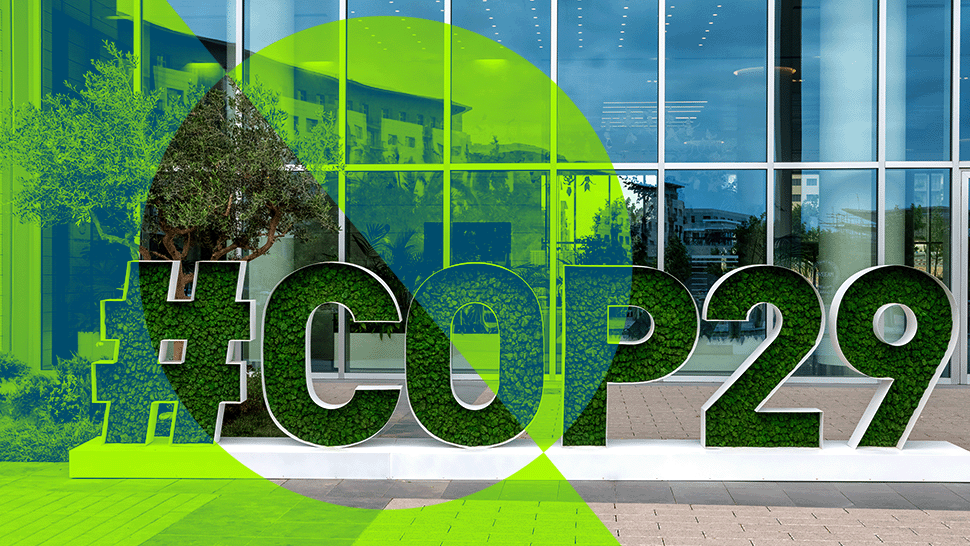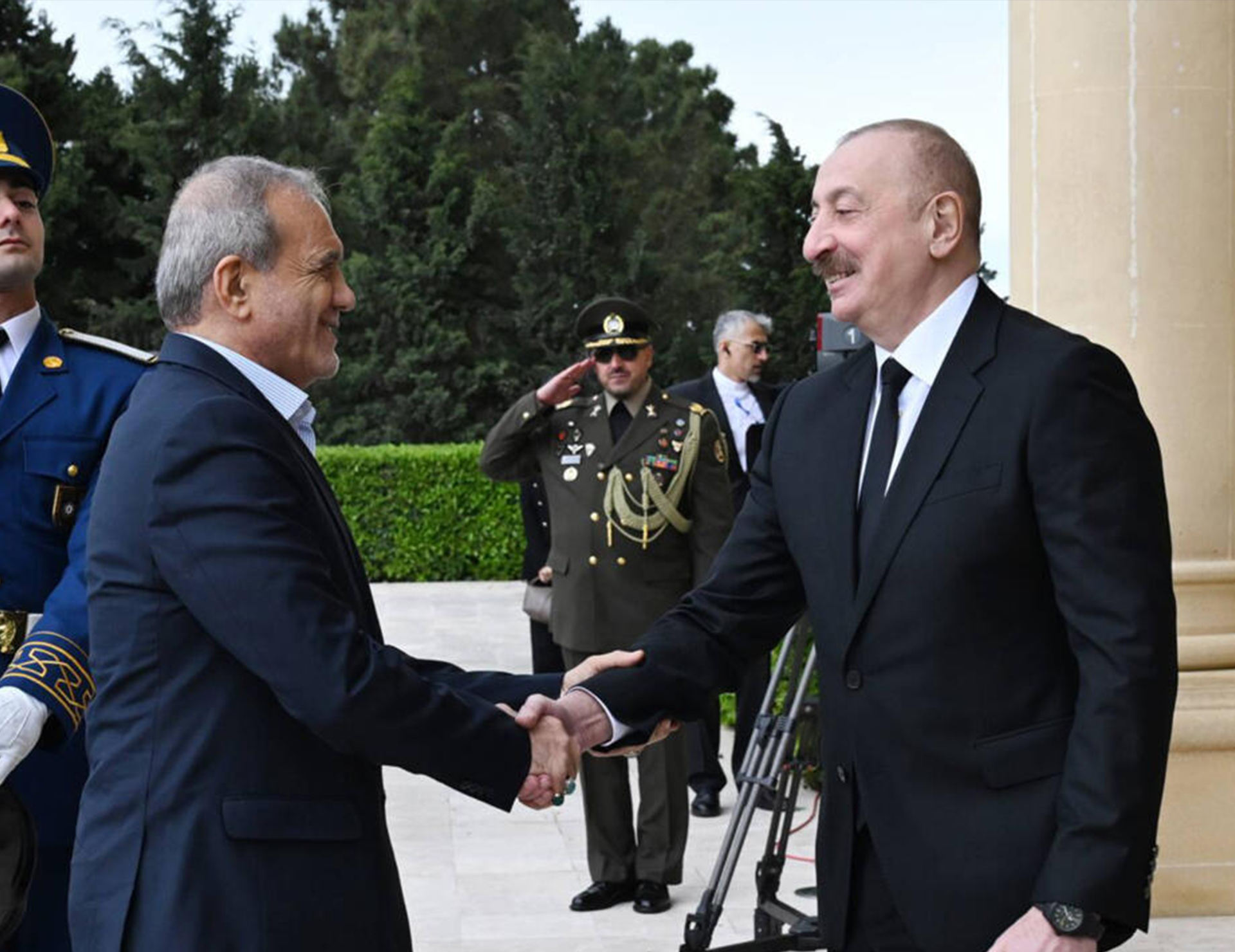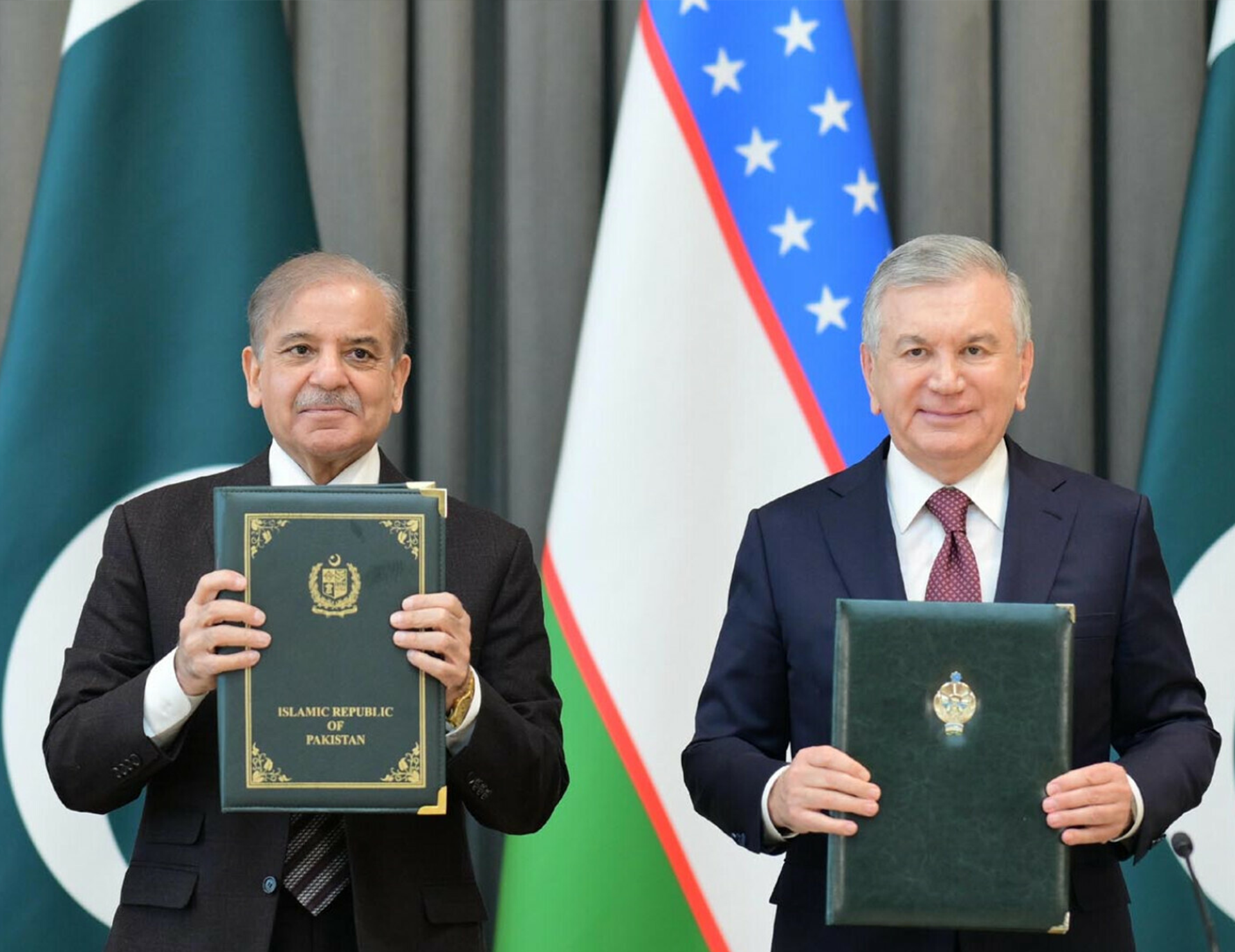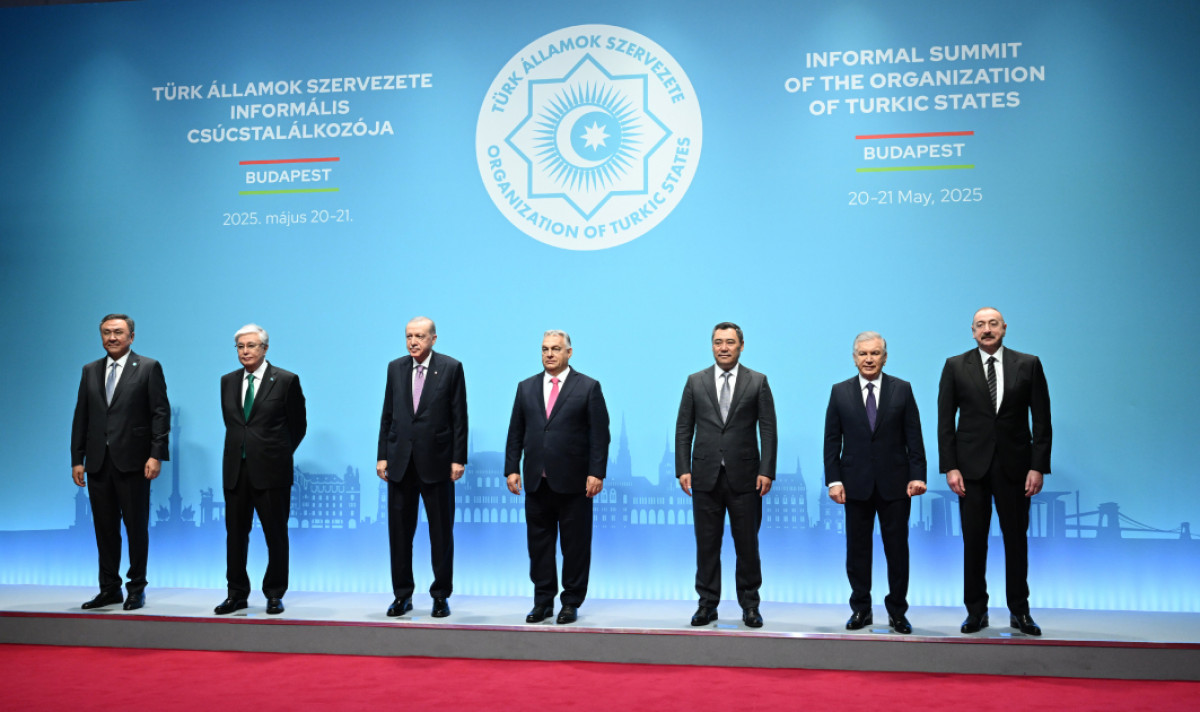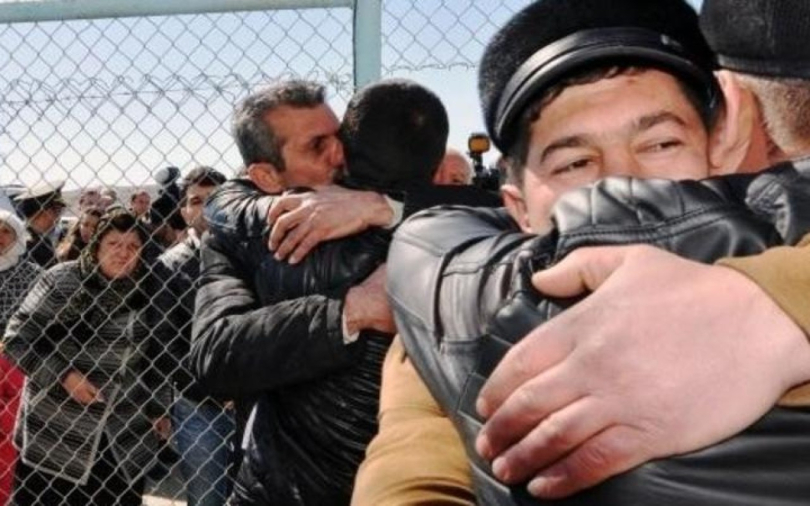After COP28 in Dubai last year, Azerbaijan hosted the 29th Conference of the Parties on Climate Change (COP 29) from November 11 to 22 in Baku. The COP29 has raised a discussion of whether resource-rich countries should host the UN Climate Summit or not. As COP29 host country, Azerbaijan faced biased accusations for being a fossil-fuel-producing nation, but let’s remember that Canada, the UK, etc., which hosted previous COPs, are even larger fossil-fuel producers, writes Shahmar Hajiyev, senior advisor at the AIR Center.
Engaging directly with fossil-fuel-producing nations is crucial to make them integral agents of climate change mitigation. Many countries, including Armenia, supported Azerbaijan’s candidacy to host COP29 in Baku last year, and Azerbaijan has officially invited Armenia to attend the UN Climate Change Conference in Baku as part of the normalization process between the two nations. COP29 was a good opportunity for climate talks, and the South Caucasus countries can use this important platform to discuss diverse environmental challenges.
For instance, a biased approach and false assumptions towards Azerbaijan in Simon Maghakyan’s article titled ‘Azerbaijan Should Never Have Been COP Host’ mislead us as to what reality is actually like. The author accused Azerbaijan of being an oil-rich country and exporting fossil fuels. It is worth noting that Azerbaijan’s share of global oil production is 0.7%, its share of global gas production is 0.9% and its share of global emissions is 0.1% of CO2 emissions from combustible fuels.
It is important to underline that climate change is rapidly altering the global security landscape, and its security implications are highly diverse and pose a host of complex challenges. The former Armenia-Azerbaijan conflict caused environmental degradation in the South Caucasus. During the former occupation of the Karabakh region by Armenian forces, Azerbaijan faced serious environmental challenges such as water pollution, land degradation, a massive amount of deforestation, and landmine pollution. Azerbaijan has already launched a landmark legal challenge against Armenia for allegedly destroying its environment and biodiversity during the occupation of the Azerbaijani territories. It is the first time any country has sought inter-state arbitration under the Bern Convention. Azerbaijan says that when the territories were retaken, it found habitats and species had been harmed, natural resources depleted, and biodiversity destroyed.
Another lawsuit against Armenia details Armenia’s multiple breaches of Azerbaijan’s sovereign rights over its energy resources under the Energy Charter Treaty (ECT) and fundamental principles of international law. During its nearly thirty-year illegal occupation of Azerbaijan’s internationally recognized territory, Armenia prevented Azerbaijan from accessing or developing its energy resources in that territory. Instead, it exploited those resources for Armenia’s benefit.
During the post-conflict period, Azerbaijan continues to rebuild liberated territories with a focus on sustainability and eco-friendly practices. The transformation of liberated territories into a “green energy” zone is a strategic vision of the country, as these territories have sufficient renewable energy potential to turn these territories into a “net zero emission” zone.
The country aims to reduce greenhouse gas emissions (GHG) by up to 35% by 2030, and 40% by 2050, compared to the base year–1990. Towards this end, renewable energy supports goals for climate and clean energy transition. The country signed several important agreements with companies such as Masdar, ADNOC, ACWA Power, TEPSCO, Bp, and China Gezhouba Group Overseas Investment aimed at developing renewable energy sources in the country. For example, in 2024, Masdar signed three investment agreements for two solar projects and one onshore wind project with a combined capacity of 1GW, following the inauguration of Garadagh Solar Park, the largest in the region. Bp will construct a 240 MW AC “Shafag” solar power plant (SPP) in Jabrayil district.
The goal is to increase the share of renewables in the energy system’s installed capacity to 30% by 2030. However, given the current pace at which green energy is developing, this will rise to 32.6% by 2027 and 35% by 2030. Today, it is very obvious that Azerbaijan supports green transition both on the national and regional levels. A 1,155-kilometer-long Black Sea submarine cable (BSSC) that will link the power grids of Azerbaijan, Georgia, and later Central Asia with Europe, creates a strong basis for the “Green Energy Corridor” in the South Caucasus as well as supports the EU’s climate goals.
It should be underlined that COP29 was a global climate event where important environmental challenges were being discussed. It is not only about Azerbaijan, environmental issues are challenges and problems for all humanity, and the UN climate summits can mobilize civil society by increasing education and public awareness about climate change, as well as inspire other fossil-fuel-producing nations to promote closer cooperation.
In the end, it is unfortunate to see the politicization of global environmental issues. Criticizing Azerbaijan, first of all, so called activists should understand that Azerbaijan supports the global environmental agenda and, like many other fossil-fuel-producing nations, it needs economic diversification. To this end, COP29 was a unique platform to speed up the green transition and attract investment in green technologies and sustainable industries, which will be essential for further sustainable regional development.

